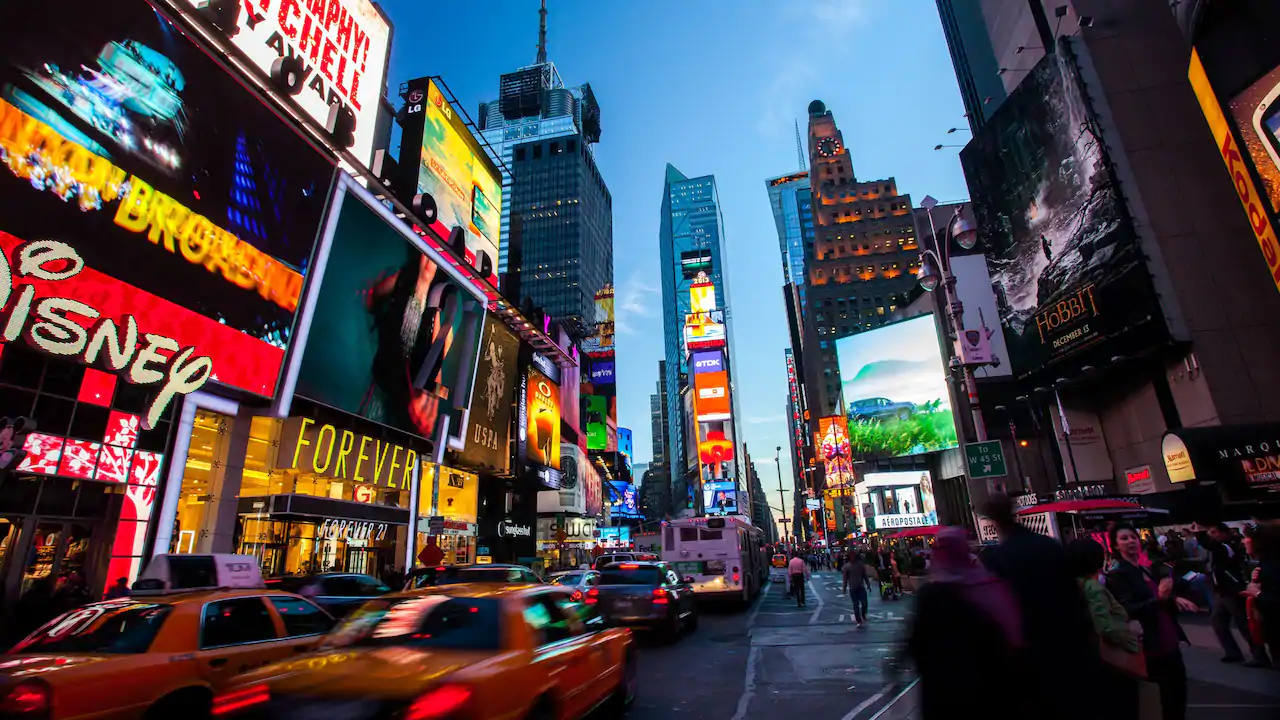A culture shift is basically a drastic change to a society's culture. This could apply strictly to a country, region, people, industry, and even to subculture or super-culture as well. Examples of such drastic changes include the fall of the Roman Empire, the rise of Islam in the 7th century, the shift from agricultural farming to large-scale trading, and the opening up of China to the world. No matter how fast, economy-wide, or even historically, cultures will shift, there will always be some kind of shift within an individual's own group.
Consider a couple of examples of the above. One is the generation gap between West and East Germans, who after World War II separated from the West. There was also the post-World War II generation that left the former Eastern Bloc and came to the West. Within these groups there were stark cultural and social differences. Some moved into the West, some stayed and developed their own traditions and others adapted to Western culture. And, of course, there was the German question: were the formerly German-speaking peoples really German?
Two other examples are the environmental and technological changes. Consider first the environmental issue. The environmental movement has been around for hundreds of years, and perhaps is the most significant cultural and technological challenge of our time. As the environmental concerns have grown, there has been a parallel push to re-enlighten people to their historic and spiritual roots. Re-enlightening can be understood as the counterpart of the cultural and technological challenge.
Then consider the last two generations. The most significant cultural and technological issues of the last generation--the information explosion and globalization--both had profound consequences on individual societies and individuals. The information explosion is the result of the development of computer technology. The globalization phenomenon is the result of developments in international trade and travel. In both cases, economic and political factors have played important roles, but the most important cultural shift was the widening of horizons. This globalization and the widening of horizons both represent a challenge for today's societies and individuals.
One more example may be the formation of the European Renaissance. It is interesting to note how the Scientific Revolution and the rise of rationalist or 'enlightened' cultures during the sixteenth and seventeenth centuries reversed the previous trend in world history. The Scientific Revolution made possible the development of new ideas and knowledge and therefore contributed to the re-enlightening of people in Europe.
In conclusion, let me emphasize that there is an important connection between the re-enlightened (and, I would add, future) societies and their ability to adapt. Adapting to climate change requires a fundamental understanding of cultural dynamics at the micro-level. Cultural diversity exists in all human societies, even those where modernity has been imposed on societies for centuries. This diversity exists as a result of the social practices, beliefs, norms, and emotions of members of the different societies, combined with the basic instincts of survival and reproduction that are shaped by the kind of lifestyle they have practiced for thousands of years. Adapting to climate change means understanding these different kinds of cultural dynamics and the role they play in shaping the future of human societies.


